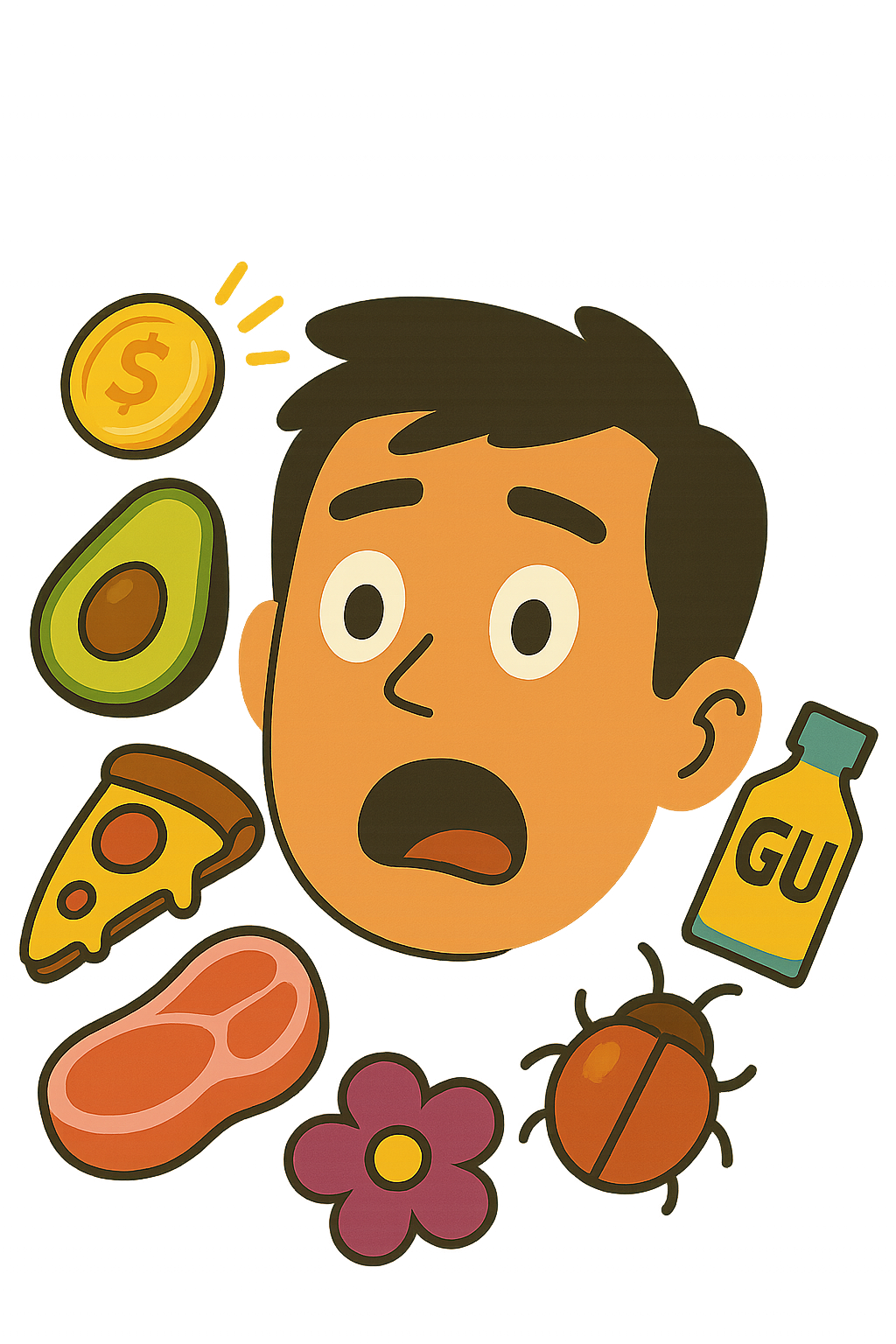Is it safe to eat casu marzu?
Quick Answer
Yes, but with caution
Casu marzu is a traditional Sardinian cheese that contains live insect larvae. While it is considered a delicacy in some cultures, it can pose health risks if not consumed properly.

What Is It?
Casu marzu, also known as ‘rotten cheese’, is a traditional Sardinian cheese made from sheep milk. It is notable for containing live insect larvae.
Historical Context
Casu marzu has been part of Sardinian culture for centuries. It was originally created as a way to preserve cheese in the hot Mediterranean climate.
How to Tell
The presence of live, wriggling larvae is a sign that the cheese is ready to eat. The cheese itself has a very strong smell and a creamy texture.
Why It Can Be Risky
Eating casu marzu can pose several health risks.
- The larvae can survive in the human gut and cause pseudomyiasis, a parasitic infection.
- There is a risk of food poisoning if the cheese is not stored and prepared correctly.
- The cheese is very rich and can cause digestive issues in some people.
Safe Method?
To safely eat casu marzu, it is recommended to remove the larvae before consumption. Some people also prefer to chill the cheese to slow down the larvae’s movement.
Safe Alternatives
If you’re not keen on trying casu marzu, other Sardinian cheeses like pecorino sardo or fiore sardo are safer and larvae-free alternatives.
Storage Tips
Casu marzu should be stored in a cool, dry place. It should be consumed within a few days of opening.
Legal Considerations
Casu marzu is illegal in many countries due to health concerns. In the EU, it is considered a traditional food and is exempt from some food safety regulations.